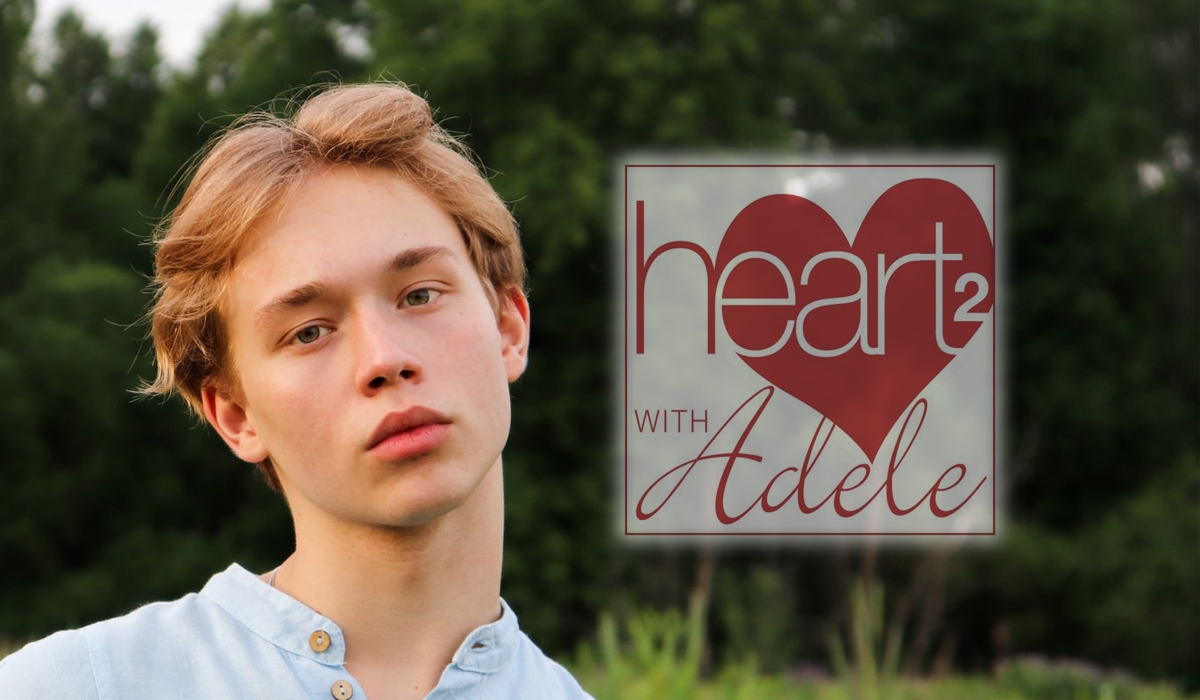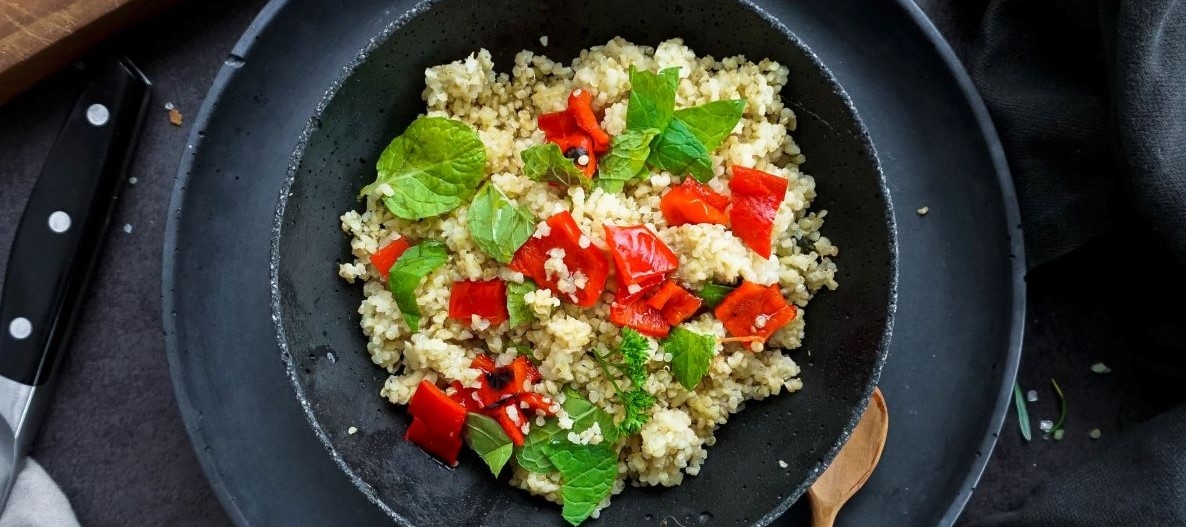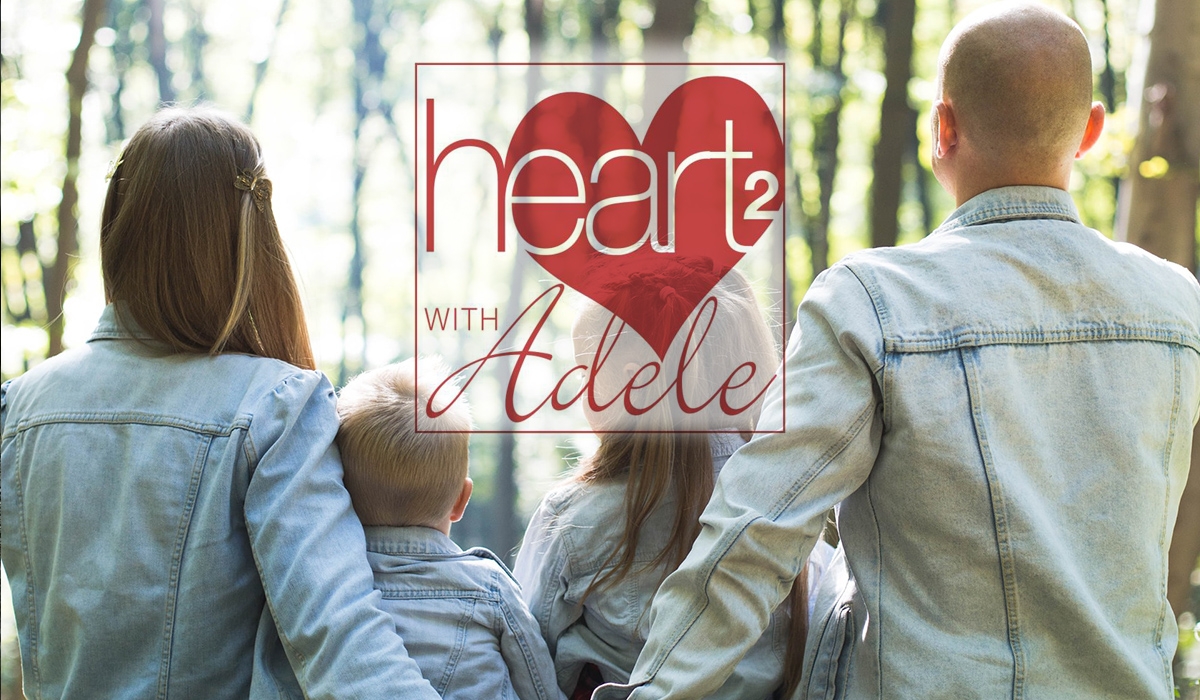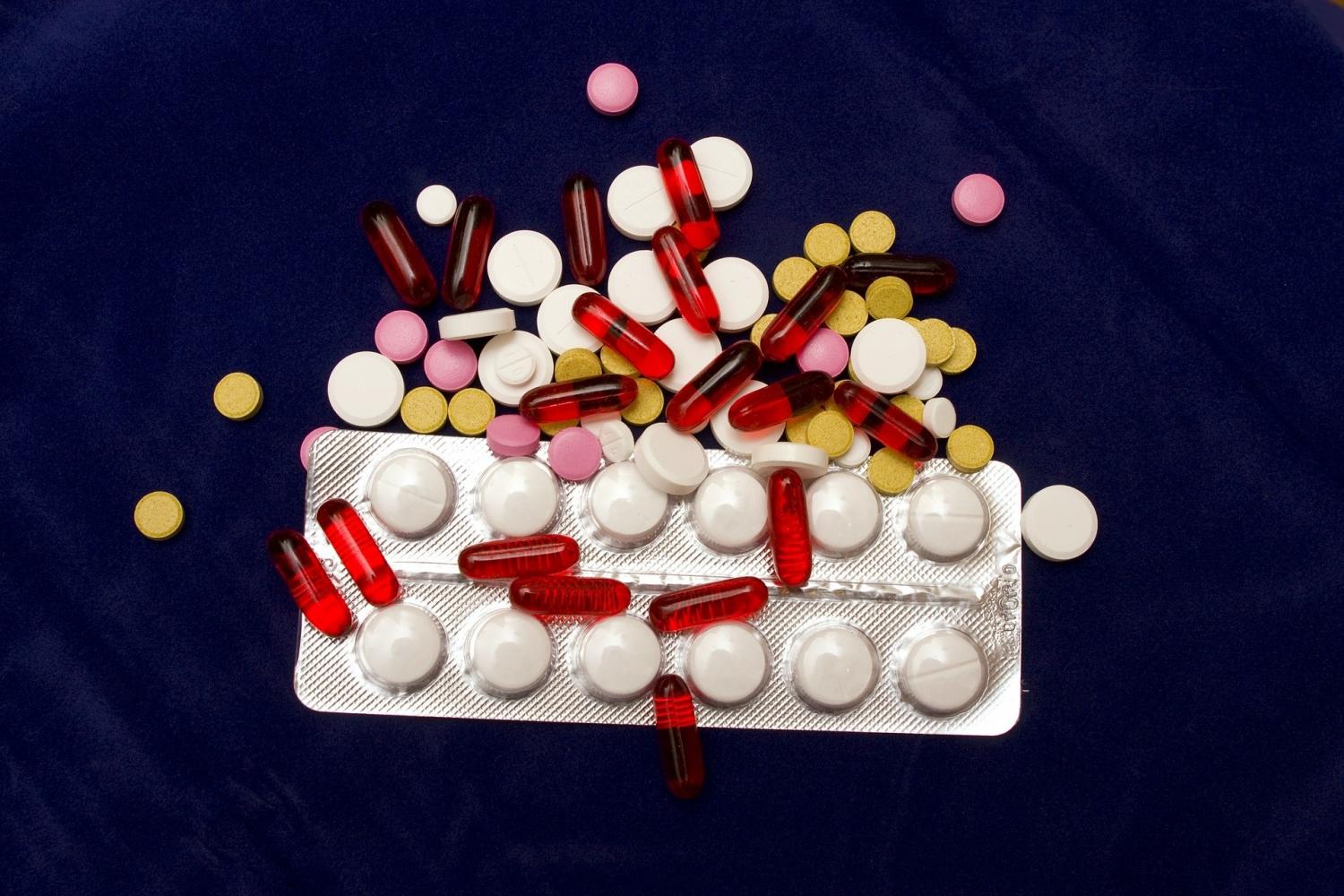
Helping your school-age children to avoid drugs
QUESTION:
Dear Adele,
Our only son will be starting high school this year and we are worried about his exposure to illicit drugs and possible choice to experiment with them. We are looking for advice. Can you help?
First Time Through the Gauntlet
ANSWER:
Dear First Time Through the Gauntlet,
Your concerns for a young juvenile in our city are well-founded. The opioid epidemic in Ottawa is at crisis proportions. The Ottawa Citizen reported that there has been a six-fold increase in opioid fatalities in the last 10 years. I wish I had the perfect preventative solution for you, but I do not. However, there are some features to your parenting and to the environment you provide your teenager, which may be protective if put into play. Let me share some of them with you.
I will begin with a conversation I had with a forty-something-year-old woman, with four exemplary adult children. I will call her Barbara.
When I asked Barbara to contribute her knowledge to the column, she laughed and said she was a street specialist not a medical specialist regarding illicit drug usage. I expected that kind of response because Barbara became involved in substance abuse during her own early teen years, much to the shock and dismay of her formidable family.
On the outside, the 13-year-old Barbara appeared to have everything: loving, professional parents, an opulent home, exceptional schools, beauty, brains, talent and athleticism. But somehow, she got off the rails and became involved with alcohol and drugs. She says she tried just about everything going but time and again failed to see the repercussions of her deleterious behaviour.
Barbara’s parents pulled out all the stops to assist her, from family and drug counsellors to a school change and residential rehabilitation programs. It cost them a lot of money, time, and emotional torment watching their daughter make such ghastly, life altering choices during that turbulent time.
Fortunately, Barbara emerged on the other side of adolescence to finish high school and attend university, establish a successful career, marry and have a beautiful family. None of Barbara’s children tried drugs even once, so I was very interested to hear from her what she had done to get all of her teenagers through those difficult years, drug free — the years that she herself had not been able to navigate without succumbing to experimenting with drugs and alcohol. I thought it might be helpful to parents like you to hear a firsthand story from someone who is both a survivor and a capable parent.
Barbara thinks many adults are unaware about how much worse the drug scene is in reality than may be reflected in songs and movies. She says that a parent must get real and be accurately educated about the dangers of the substances which are being sold to teenagers today, especially since they may have undetermined, unrevealed lethal content.
Barbara suggests that teenagers be kept with their own age group and not be encouraged to hang out with older crowds. Parents should keep tabs on the teenagers with whom their children associate because peer pressure is great. Barbara is also an advocate of having youth highly involved in their school work and in sports or artistic endeavours. These activities keep them extremely busy, associating with positive friends and in-her-words “out of trouble”. She is of the opinion that young people are not raised with a great deal of discipline anymore and that improvement in that area would be helpful to many. Barbara parented with consistency, clear rules and expectations, and regularly enforced consequences.
Barbara thinks parents need to understand that many teenagers cannot say ‘no’ to everything, regardless how educated they are. Humans in this age group often have a tough-time comprehending consequence, because of the stage of their brain development. As an adolescent, many teenage kids think their friends are more important than guarding their own personal safety and health. Their need for acceptance is high. Testing parental values is common. These characteristics may lead the youth to associate with the wrong group, become rebellious, or start into the drug world possibly beginning with the every day use of legal cigarettes.
Young people with low self-esteem or depression are at particular risk, says Barbara. She suggests that parents watch out for children whose behaviour changes. An example would be when a teenager starts to isolate him or herself and becomes closed off. A parent should also watch for a change of friends, a deterioration in grades, or a loss of interest in things.
Barbara says parents might want to ask themselves why their child is buying or selling drugs should they start to use. The adults should try to figure out what the young person might be compensating for or what kind of mental health issue might be being revealed.
Barbara went on to say that teenagers benefit most from open, honest communications with their parents. They need to feel safe and be able to interact with their parents in a free and comfortable way without any fear of anger or punishments. When this kind of openness and trust exists between the teenager and the parents there is a much more pronounced chance for the parent to influence the child. Barbara says it is salient that the adults be honest about their own experiences with drug usage in the past and that they not lie about anything. This helps a young person feel that he or she belongs and is cared for at home. Parent to child relationships of this nature go a long way to protect young teens from getting involved with illicit substances, in Barbara’s opinion.
My interview with Barbara was most informative. Her experience and her ideas about teenage substance usage, incorporate for the most part, much of the information I researched on this topic and my life experience with drugs and teenagers.
A good professional summary on this topic is a 2019 article entitled “Teen drug abuse: help your teen avoid drugs.” You might find it a good read. Much of what Barbara contributed during her interview is reiterated in this Mayo Clinic composition. I will not repeat the ideas in an effort to be concise.
In addition, the article suggests assorted reasons that teens tend to use drugs. Reasons include a family history, a mental health condition, a history of trauma, low self-esteem, a feeling of being socially rejected or isolated, peer pressure, or the presence of risk-taking or impulsive behaviour.
Consequences of drug usage in teenage years can result in drug dependence later in life, poor judgment, irresponsible sexuality, mental health issues, accidents while driving, poor partner choices, unplanned pregnancies, employment limitations and reduced academic performance. A shortened life span is another serious possibility.
Red flags include extreme changes in friends, food, sleep, appearance, and academic grades. In addition, a parent might notice poor judgment, lack of interest in activities and irresponsibility. There may be some withdrawal or rule breaking. Finally, parents may find drug paraphernalia or family medical prescriptions in the adolescent’s possessions or room.
I wish you well, First Time Through the Gauntlet, with helping your son avoid access to drugs and persons using drugs. May you be successful in putting in place the protective environmental and family factors which tend to prevent a teenager from choosing to become a drug user. Much research is out there and I encourage you to access it, digest it, and put the ideas into play.
I will conclude with a few quotes applicable to the drug issue:
“If you don’t know where you are going, you’ll end up someplace else.” — Yogi Berra
“One of the hardest things was learning that I was worth recovery.” — Demi Lovato
“If we are facing in the right direction, all we have to do is keep on walking.” — Zen proverb
Sincerely, Adele
Photo: Maria Lysenko, Unsplash









